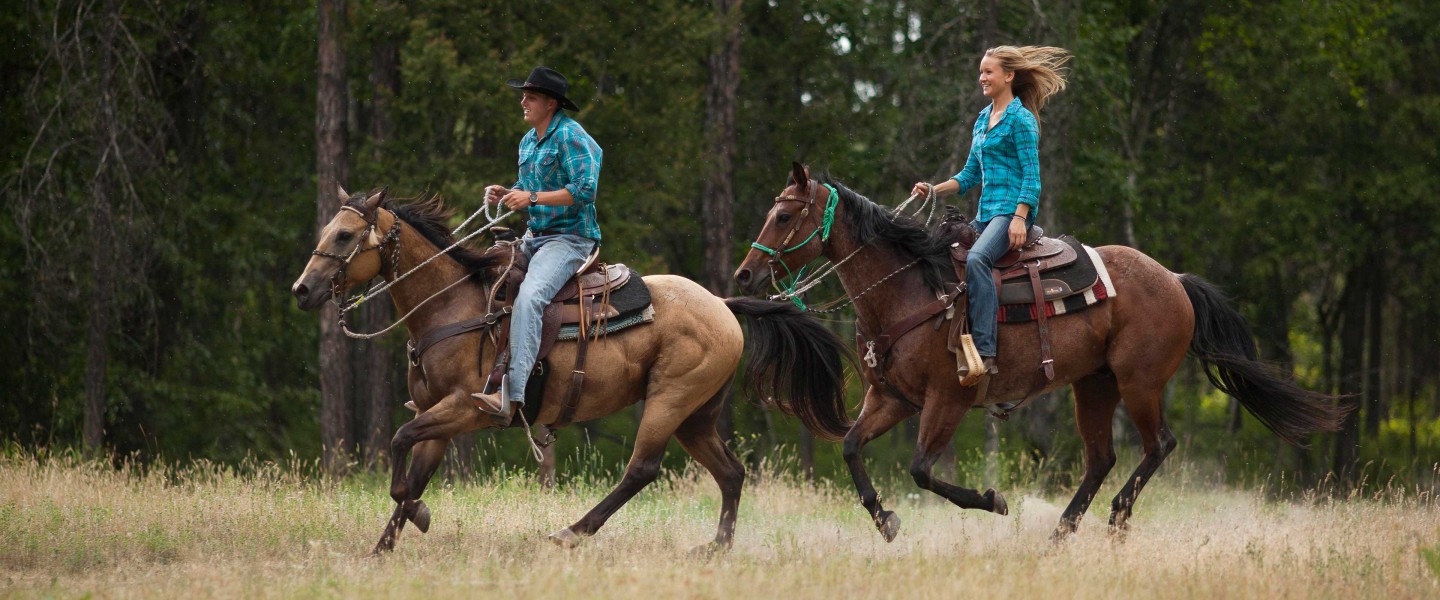
Horseback riding is often suggested to people with developmental disabilities as a form of physical therapy. This form of therapy is often referred to as therapeutic riding: purposed to contribute positively to the cognitive, physical, emotional, and social well-being of patients with special needs.
The unique form of therapy has had many skeptics, but a recent study shows that the activity really does have a therapeutic benefit. The act of horseback riding rhythmically moves the rider’s body in a manner comparable to a human gait (refers to locomotion achieved through the movement of human limbs).
After reviewing a compilation of existing studies, researchers found that horseback riding helped boost strength, balance, flexibility, and other motor skills for both children and adults with physical and developmental disabilities.
Equine-assisted activities “are clearly a viable intervention option for participants with impairments in balance, gross and fine motor function, gait, spasticity and coordination,” stated researchers from the University of Ioannina in Greece in an article published in the American Journal of Physical Medicine & Rehabilitation.
For the review, the researchers identified 16 studies that examined either therapeutic riding — where people with disabilities participate in modified or adaptive riding as therapy — or hippotherapy, which uses the movement of the horse for therapeutic gain.
One part of their study observed kids with cerebral palsy; the other half of the study observed those with an array of neurological or physical health issues.
Individual studies identified small, but meaningful improvements in a number of areas including motor function, posture, gait, and quality of life. In conclusion, the review found that horseback riding interventions caused significant improvements in every group studied.
While researchers believe further evaluation of the interventions is needed, they stated that their review suggests that horseback riding offers value to those with disabilities.
“Equine-assisted therapies potentially provide advantage for cognitive, emotional and social well-being,” wrote researchers. “Individuals who participate have the opportunity to simultaneously experience, benefit and enjoy the outdoors, which might not otherwise be readily available.”
Should you have a patient who suffers from disability, is bored, or lacks motivation with their current form of physical therapy, suggest therapeutic riding. In addition to the health benefits, this is a great option for animal lovers and thrill seekers.
1 Comment
i will send this information to my cousins, her daughter loved horsebackriding until program moved too far away